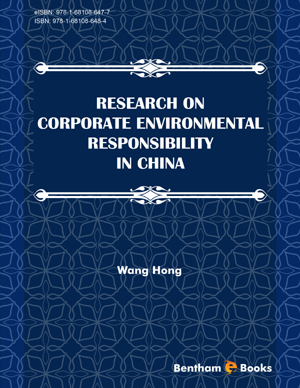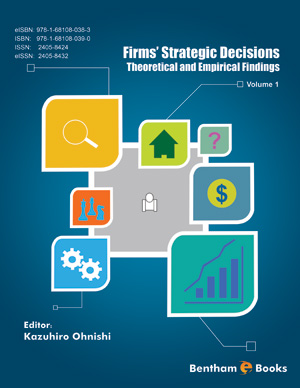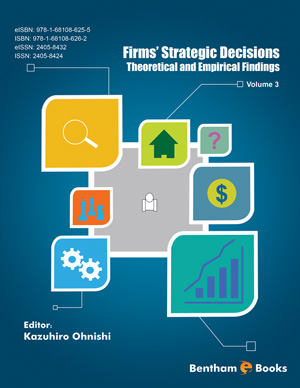Abstract
From the perspective of SDS, we can examine the historic background and theoretical basis of CER in a holistic manner. Through comparison and empirical study, we can learn the better notion and measures of CER. China’s sustainable development is deep-rooted and moving forward. The government laws and regulations of advanced countries, entrepreneurial spirit and corporate culture, and enterprises selfregulation is significant in the entire enterprise system. When learning from others, Chinese enterprises should develop the ecological wisdom of “heaven-man-harmony”. Although China has made certain achievement in CER, various problems can be found in reality. Chinese enterprise managers have some bias of CSR. In CSR strategy and corresponding management system building, the state-owned enterprises are not mature enough. The small and medium sized enterprises pay less attention to environmental protection. Sometimes government neglects environmental responsibility. The public participation and supervision ability is not strong enough. The trinity and collaboration of government, enterprises and the public—extended producer responsibility, industrial structure upgrade and environmental e-government construction; ISO 14000 system strategy, environmental culture building; simple consumption, social service and nongovernment involvement—will promote China’s CER practice from passively to actively. Due to the limit of time, energy and capability, there are some questions needed to be reflected in this research. How to carry out extended producer responsibility? How effective are the key indicators of CER in real work situation? And the number of questionnaire investigation is inadequate. To get profit through strategy of social value will also be the future concern.
Keywords: Corporate environmental responsibility (CER), Corporate social responsibility (CSR), Enterprises, Government, System and Dialectical Science (SDS), The public.









.jpg)


